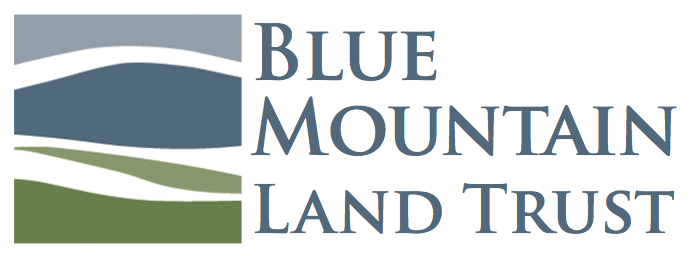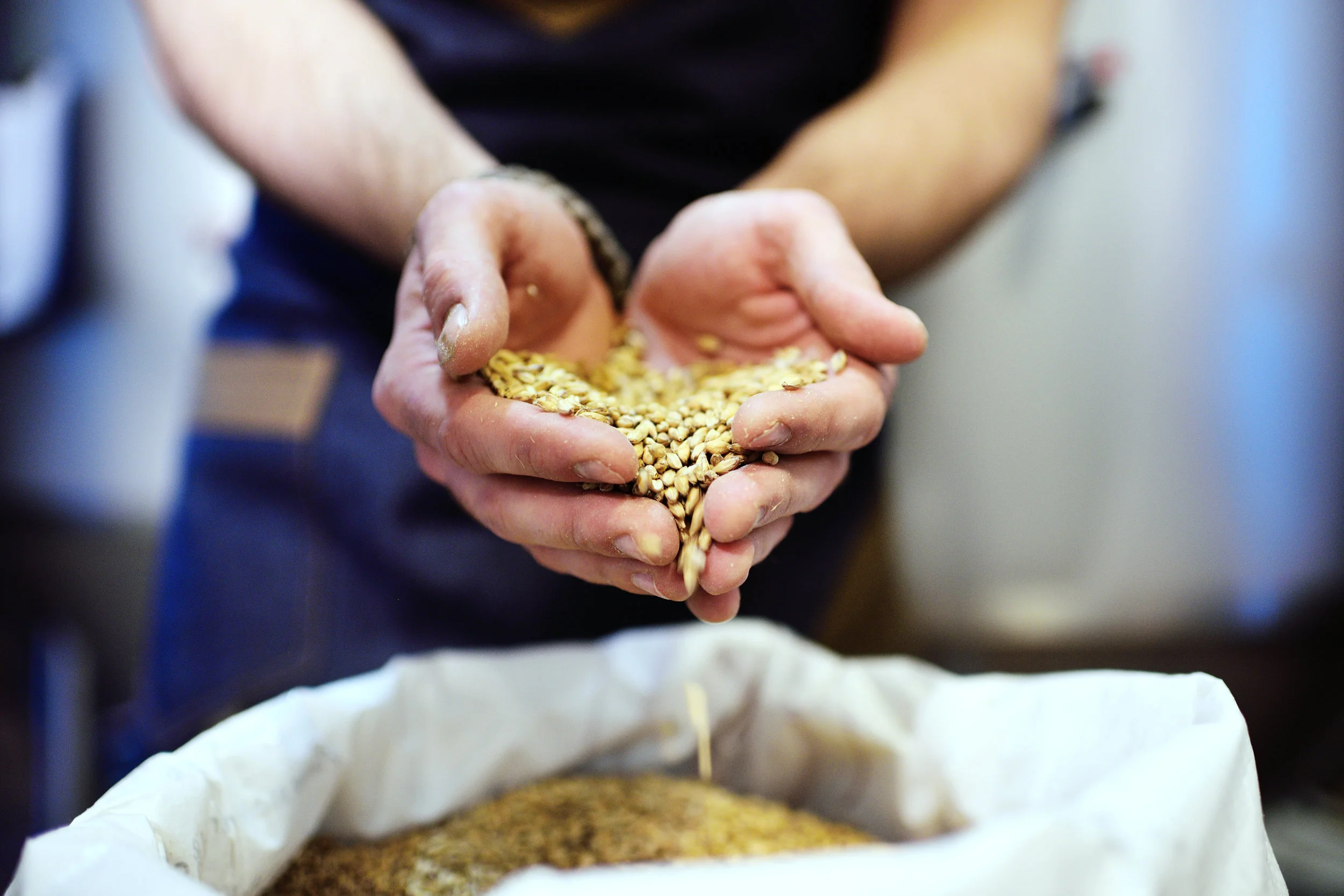By Will Thompson
With the proliferation of craft breweries in the last couple decades, there has been a growing emphasis on environmental stewardship in the brewing process. However, sustainable practices shouldn’t just start in the brewery. Brewers are now seeking out high quality, local ingredients produced by sustainable farming practices.
Malted grains, typically barley or wheat, constitute the majority of dry good weight involved in making beer; and Walla Walla has a rich heritage of grain production. Bridging the gap between farmer and brewer is Phil Neumann, owner and maltster for Mainstem Malt located in Walla Walla.
Mainstem Malt partners with dryland farmers that employ conservation practices and connects them to buyers that value their conservation ethic. The thrust of Mainstem’s mission is to promote sustainability within the agricultural community.
Mainstem’s role is to buy raw grains directly from farmers and kiln it to produce malt. Malting is a process of germination and kiln drying. Germination prepares the grain’s contents for fermentation; kiln drying makes it shelf stable and adds a toasted flavor, similar to coffee. Much like the region’s wine industry, Neumann works in vintages. Brewers can market vintages to consumers to highlight how their beer has distinctive flavors cross-locale and cross-vintage.
Clean and healthy waterways are vital to sustaining our agricultural heritage and supporting our environment. Mainstem has partnered with Salmon-Safe, a non-profit organization working to restore watersheds for salmon, to ensure that their growers’ agricultural practices are compatible with the restoration and maintenance of our region’s aquatic ecosystems.
Neumann cites his greatest success to date has been working with conservation-minded farmers who share his vision of maintaining prime farm land for future generations while ensuring environmental health.
One of their partners is H.T. Rea Farms. H.T. Rea Farms is a fourth-generation family owned and operated farm in the Walla Walla Valley specializing in the production of grain crops, vegetables and certified seed. They believe in using cutting edge farming practices and technologies to help build soil health and quality. For the 2017 vintage, the Rea family committed to planting a premium Salmon-Safe malting barley.
By aligning his malt supply chain with growers concerned about responsible water usage, runoff management and quality habitat, Mainstem Malt is at the forefront of a growing movement within the brewing industry: using thoughtfully crafted malted grains.
Walla Walla’s Quirk Brewing has featured a Mainstem Hefeweizen brewed with 100% Mainstem malt periodically throughout its first year. When the Hefeweizen first debuted this past spring, owner and brewer Troy Robinson was excited by the community response.
“When people ask about the Mainstem Hefeweizen”, states Robinson, “they are excited to hear that the grains came from a 100-year legacy Walla Walla farmer. Just the other day the farmer that grew the wheat and the maltster [Neumann] who transformed the wheat into a brewery ingredient came into the tasting room and enjoyed the finished product with their friends and family. That’s great for everyone involved.”
Growers and brewers alike have thin margins in competitive marketplaces, and Mainstem is working to streamline and innovate the relationships between growers, brewers, and consumers in the Pacific Northwest. Everybody can sympathize with the importance of the bottom line to local small businesses, but it is reassuring to see individuals taking the extra step to contribute to the overall preservation of our Blue Mountain region through raising a glass to local malt and beer.

